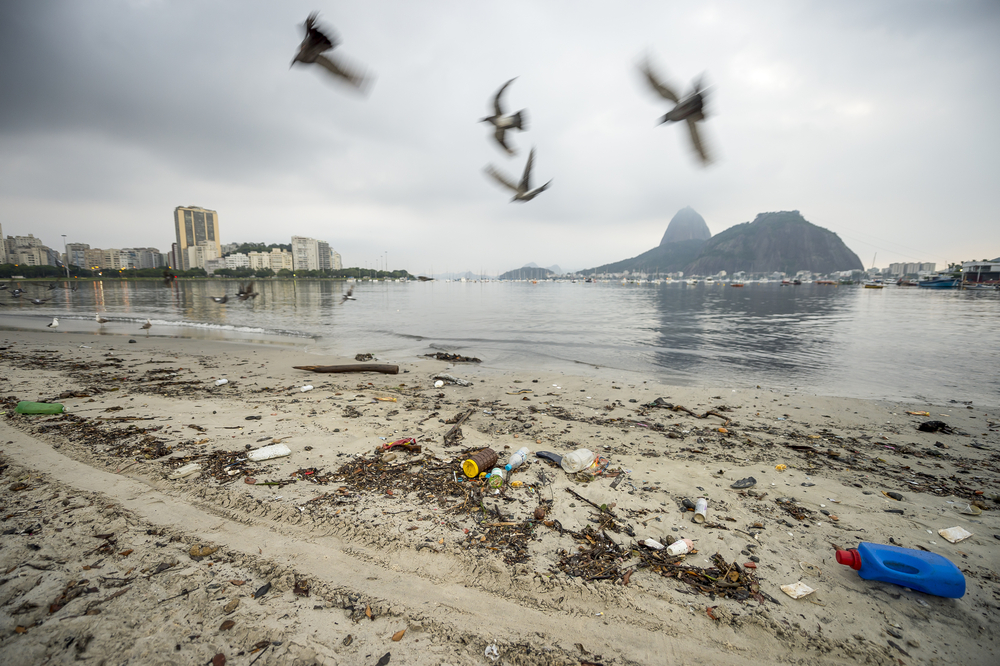If Pedro Alvares Cabral, the Portuguese navigator who landed Brazil in 1500, could see some of the country’s beaches in 2019, maybe he wouldn’t have been so keen on writing home to the king. While the beaches around the Porto Seguro area—in Bahia, where he originally arrived—are generally suitable for bathing, the state capital of Salvador is home to several dirty beaches in the midst of the hot Brazillian summer.
Unfortunately, Salvador is not alone. In fact, sewage collection is insufficient all around the country but “once urban areas have a larger population density, they may generate proportionally more sewage,” recalls the Department of Infrastructure and Environment of the state of São Paulo, in an emailed statement to The Brazilian Report.
A lack of investment is to blame. According to a study by CNI, the national industry confederation, Brazil should increase current investments in sanitation by 62 percent to universalize access by 2033, as established in the National Basic Sanitation Plan.
But even when there are investments, the problem persists. One of the most emblematic cases is the pollution in Guanabara Bay in Rio de Janeiro, which shocked the world during the Olympics in 2016. One of Rio’s most picturesque spots, the bay hosted sailing competitions during the Games and one of the city’s Olympic legacies was meant to be a grand clean-up operation in the...


 Search
Search






































